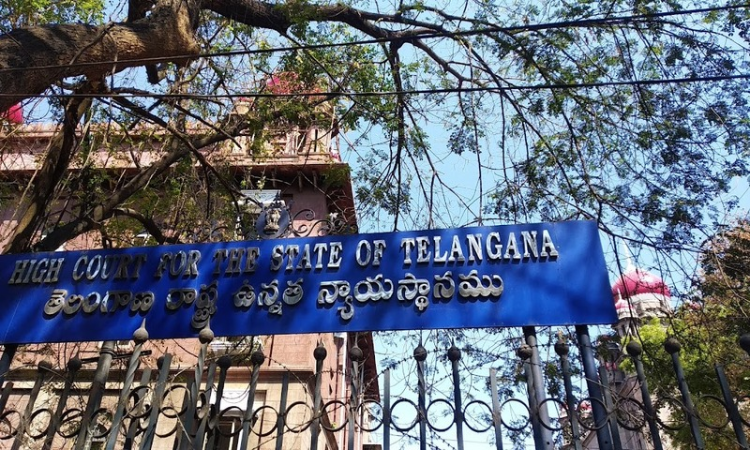Disciplinary Authority Can Differ With Findings Recorded By Enquiring Authority Against A Delinquent Employee: Telangana High Court
Jagriti Sanghi
19 July 2022 12:45 PM IST

Wednesbury rule of arbitrariness applies if punishment imposed by disciplinary authority is shockingly disproportionate to misconduct.
Next Story


